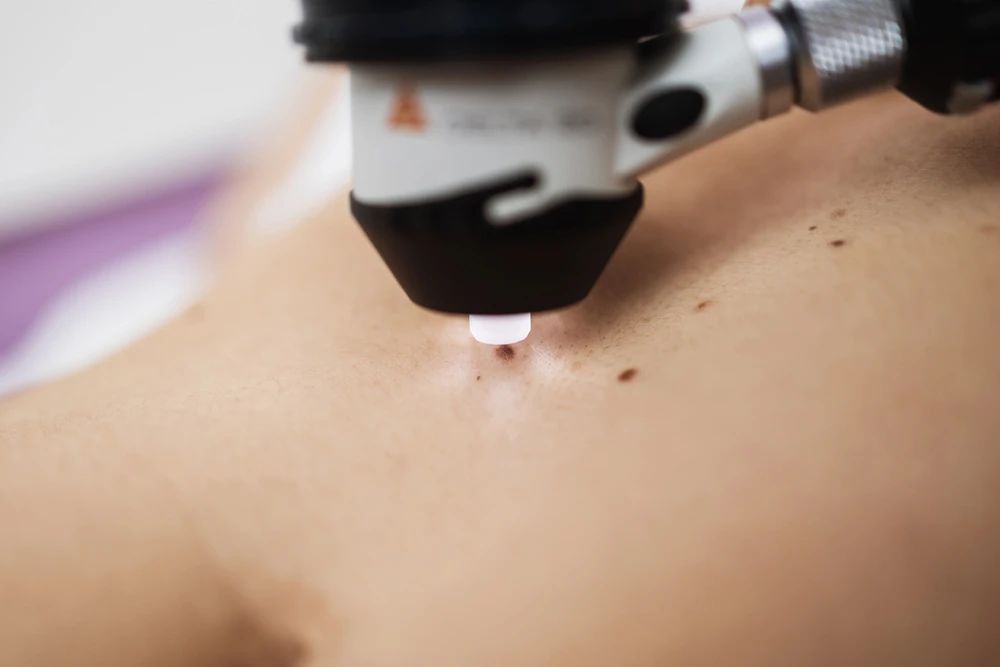Why You should Never Ignore Carpal Tunnel Syndrome
2021-01-04

If you are experiencing pins-and-needles, numbness or pain over the tips of the thumb, index, middle and even the thumb side of your ring finger, it’s time your doctor assesses you for carpal tunnel syndrome, the sooner the better.
Carpal tunnel syndrome is a condition where the median nerve becomes compressed in the carpal tunnel area of your wrist.
The median nerve runs the length of your arm, goes through the carpal tunnel in your wrist and ends in the hand. This nerve controls the movement and feeling in your thumb and all fingers except your little finger. When the nerve becomes compressed within the carpal tunnel, you will experience a great deal of discomfort that can disrupt your sleep. Massaging and shaking your hand can alleviate symptoms temporarily but are not long-term solutions. If left untreated, the symptoms can recur.
Causes of carpal tunnel syndrome (CTS)
For most cases of CTS, the cause of the condition is unknown. However, you are more susceptible to it as you get older, if you are female, if you are a new or expecting mother, and if you have existing medical conditions such as diabetes mellitus, hypothyroidism, rheumatoid arthritis and gout. Performing repetitive motions such as typing, or any movement of the wrist, especially when your hands are lower than your wrist, can increase your risk of CTS.
When to seek medical attention?
CTS is a severe condition that requires early medical intervention for the best treatment outcomes. When diagnosed and treated early, the symptoms of carpal tunnel syndrome can often be relieved without surgery. If left untreated, the thenar muscles, 3 short muscles located at the base of the thumb which control the movements of the thumb, become weakened and wasted. This results in irreversible functional disability of the hand. Simple tasks such as buttoning your shirt or blouse, using a pair of chopsticks and picking up small objects can become a great challenge. Therefore, it is important that CTS is diagnosed and treated as early as possible.
How CTS is diagnosed?
If you experience symptoms such as pain, numbness and tingling in the thumb, index finger, middle finger and the thumb side of your ring finger, consult your doctor for a diagnosis. You will likely be referred to a specialist hand surgeon for a more accurate diagnosis. Your surgeon will first ask for your full medical history before conducting a clinical examination of your hands. A nerve conduction study may be arranged to evaluate the function of the median nerve and to understand the location and severity of the compression of this nerve.
Why see a hand specialist?
Hand surgeons and hand therapists are trained to diagnose and have vast experience in treating all problems related to all hand conditions such as the hand, wrist and forearm exclusively. They are also well equipped with skills and knowledge to handle neglected cases of CTS as well as recurring cases where surgery had been unsuccessful previously.
Your treatment options
If you have mild symptoms of CTS, your hand specialist will advise you to make modest changes to your lifestyle and will likely prescribe oral anti-inflammatory medication. A wrist splint will be provided to restrict movement in the wrist and allows you a period of relative rest from movements that make carpal tunnel syndrome worse
If symptoms persist, you may need surgery. Your hand surgeon will assess your condition and take into account factors such as your age and how long you have been suffering from the symptoms.
Carpal tunnel syndrome - Treatment
If you have had an unsuccessful CTS surgery previously, your hand surgeon may perform microsurgical neurolysis, a procedure that releases tight scar tissue around the median nerve. If necessary, soft tissue is transferred onto the bare median nerve after this is done to prevent scarring and a return of symptoms. A hypothenar fat pad flap transfer is one example of a soft tissue transfer.
Article reviewed by Rachel Lorch, Upper Extremity Therapist at ParkwayHealth

Copyright: Health Plus an online health and wellness web resource developed by Parkway Singapore
References:
1. Predictive factors in the non-surgical treatment of carpal tunnel syndrome. Retrieved 5 Oct 2018 from https://www.ncbi.nlm.nih.gov/pubmed/2307866
2. Carpal Tunnel Syndrome. N.D. Retrieved 26 November 2018 from https://www.webmd.com/pain-management/carpal-tunnel/carpal-tunnel-syndrome#1





























